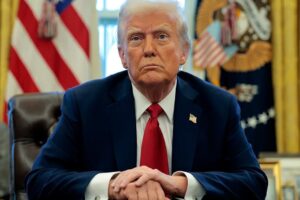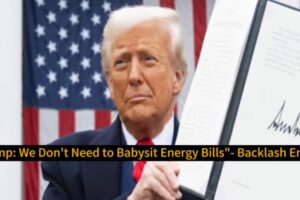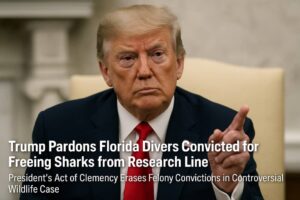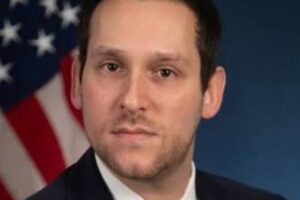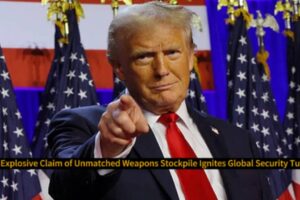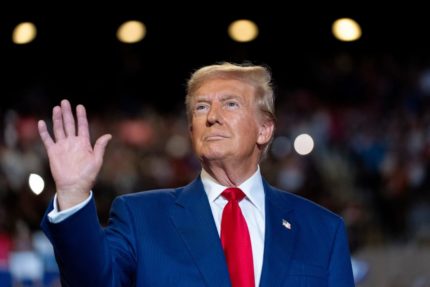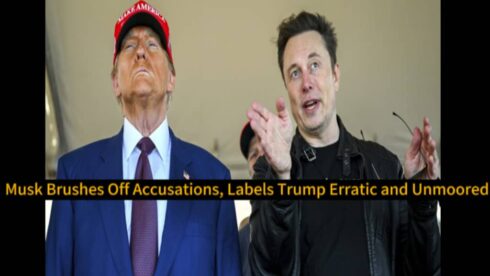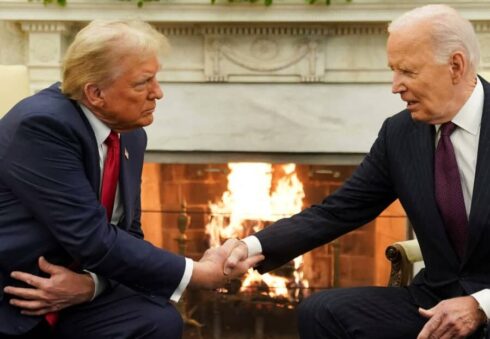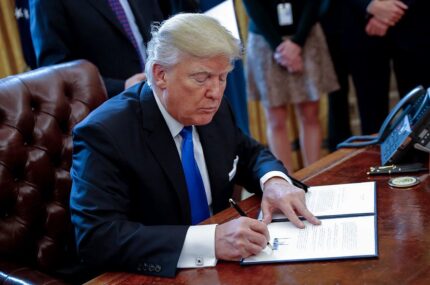With the U.S. Department of Justice (DoJ) dropping major cases against Donald Trump, the president-elect has managed to shake off substantial legal threats that once loomed over his political comeback. The decision by special counsel Jack Smith to halt prosecutions related to the 2020 election interference and the mishandling of national security documents marks a turning point for Trump. These cases, which initially presented some of the most formidable legal challenges to his renewed political ambitions, have now been dismissed, paving the way for his return to the White House.
The DoJ’s move follows Trump’s victory in the November election and the anticipated influence he would wield upon his January inauguration. Smith’s announcement earlier this week signaled the fading relevance of these legal battles under a new political reality in Washington, underscoring the constraints of prosecuting a president-elect. As Trump prepares to assume office, this legal reprieve eliminates what many saw as a politically charged pursuit, allowing him to focus on reshaping the U.S. government’s judicial landscape.
DoJ Policy on Presidential Immunity and Its Impact
Federal guidelines shield a sitting president from criminal prosecution, a rule that Smith underscored in his filing to explain the dropped charges. The policy, Smith noted, also applies to private citizens elected to the presidency, regardless of the crimes alleged or the evidence supporting the prosecution. This blanket protection effectively insulated Trump from legal accountability for the high-profile charges against him, sparking criticism from those seeking justice over the 6 January, 2021 Capitol attack.
Critics of the Biden administration have voiced frustration over the perceived slow pace in prosecuting Trump after he left office, particularly for his role in the Capitol unrest. The DoJ’s early efforts were largely directed toward prosecuting individuals involved in the attack, while a Democrat-led House committee gathered evidence against Trump. This delay, compounded by the immunity granted to a president-elect, has led some legal experts to question the efficacy of the legal system in holding top officials accountable.
Legal Battles Delayed and Dismissed in Court
Trump’s legal team actively contested both the document mishandling and election interference charges, launching a series of challenges that slowed the progression of these cases. A major breakthrough came in June, when the U.S. Supreme Court ruled that sitting and former presidents enjoy significant immunity from criminal prosecution for official acts. Shortly thereafter, a judge overseeing the documents case dismissed the charges, citing the procedural missteps in Smith’s appointment, which lacked congressional approval.
Smith attempted to push forward, reissuing indictments and appealing previous dismissals. However, as the November 2024 election approached, the possibility of an actual trial faded, and with Trump’s victory, it became almost certain that his administration would withdraw the cases. Smith’s final decision to abandon the prosecutions reflects a pragmatic conclusion, acknowledging the inevitable cessation of these high-profile cases under the incoming administration.
What Lies Ahead for Trump’s Legal Future
While the DoJ has dropped its federal cases, Trump’s legal issues are not entirely resolved. In New York, he still faces sentencing in a criminal case related to alleged hush-money payments, although his attorneys are seeking to have that case dismissed. Additionally, Trump’s involvement in the Georgia election interference case remains under scrutiny, though recent efforts to disqualify Fulton County District Attorney Fani Willis have stalled those proceedings.
In federal court, Smith has pledged to continue prosecuting Trump’s associates tied to the documents case, but Trump could halt those cases with presidential pardons. As Donald prepares for his second term, he will likely use his political capital to redirect the focus away from legal battles toward fulfilling his agenda. For Trump, the end of these federal prosecutions marks not just a legal victory but a pivotal moment in consolidating power, emphasizing his resilience in the face of formidable legal challenges and heralding his return to the peak of U.S. political influence.






